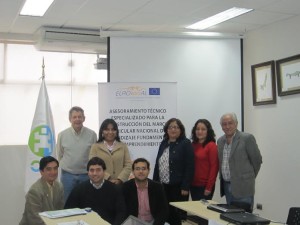En 24 horas inciare mi ponencia virtual
NEED OF RESEARCH IN THE INTERNATIONALIZATION OF HIGHER EDUCATION
By Ysrael Alberto Martinez Contreras, Callao, Perú, South America
UNIVERSIDAD NACIONAL MAYOR DE SAN MARCOS
Introduction
Research on the internationalization of higher education is high on the agenda of universities. Since the COVID-19 pandemic, the sense that research can be preventive for health issues and binding for development in the face of common problems of major social, economic and technological impact has been recovered (Li et al.,2024).
Research and practice in recent two decades have trends in institutional decision making and curriculum development. Thus, the internationalization of research is encouraged to disengage us from colonial approaches and rather open the opportunity to elaborate our own contextualized research stance for diverse forms of research across nations (Tran et al., 2023).
Research as a necessary product of the university commits us to society in order to fulfill the common good, be it from the Napoleonic model of the university, the Humboldt model of the university or the business university. The theme is to join efforts so that those who have gone before us can collect their contributions; we can collaborate with our part in our earthly life and those who will come before us, whom we will never meet, will have tools so that research can be useful to them in the new challenges of the future.
he llegado hasta donde llegaron las tropas de Alejandro. Luego, retornare a Babilonia


